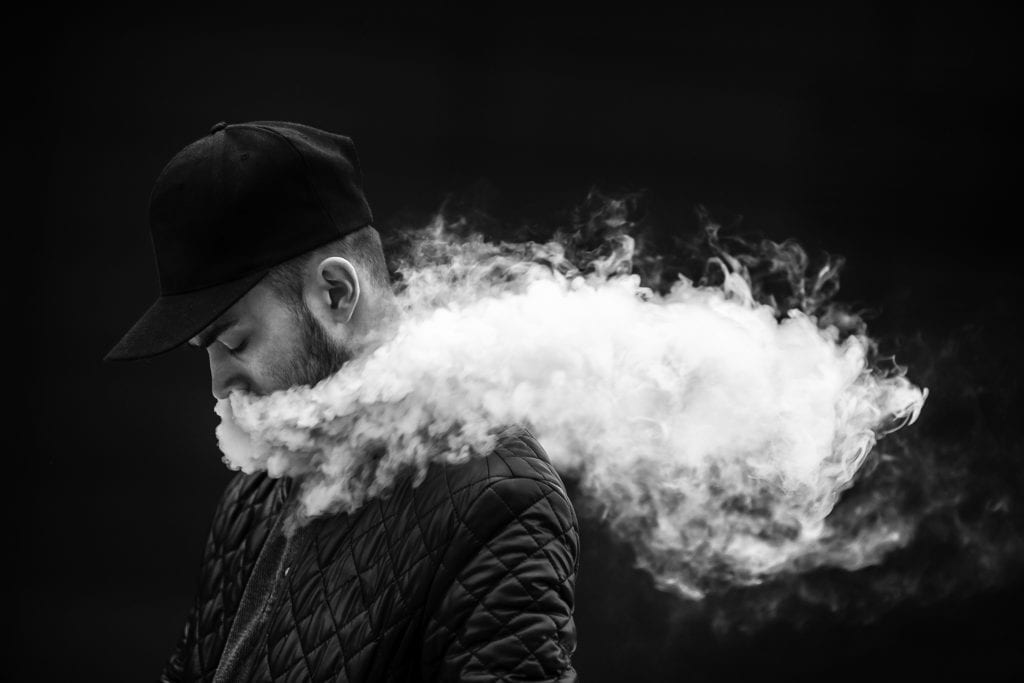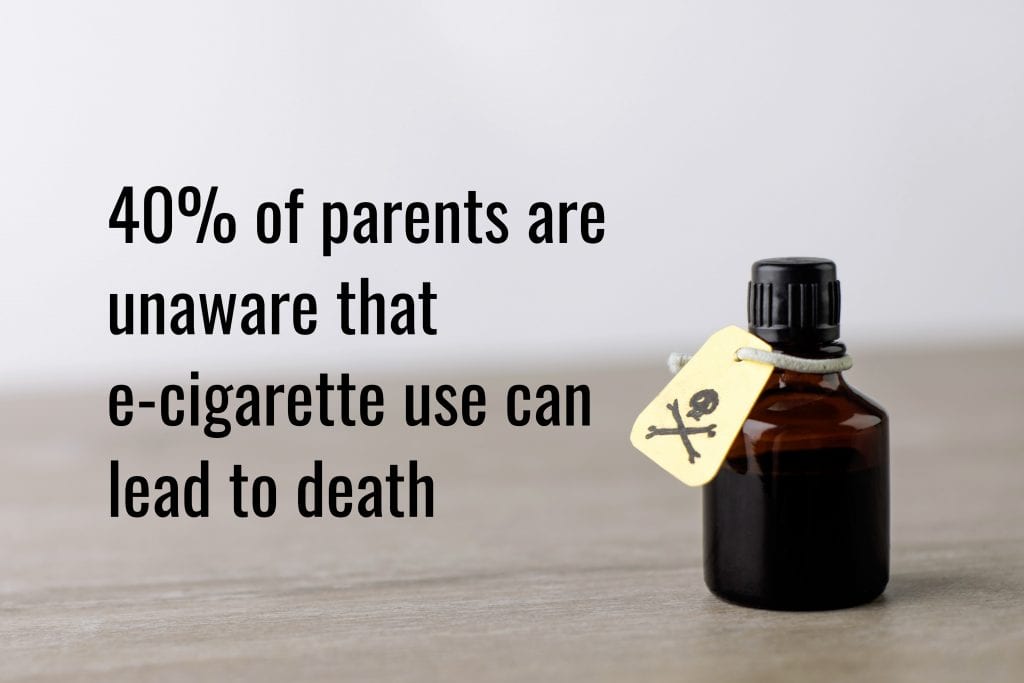#VapeTricks sparks health concerns for teens
The great vaping debate has momentarily sparked up again, thanks to #VapeTricks on TikTok.

Vaping has ammassed steam on social media platform, TikTok
TikTok, the wildly popular social media platform for creating and sharing music, has gone viral with its latest trend: #VapeTricks
Videos with the hashtag #VapeTricks have amassed over 300 million views on TikTok as well as 5.4 million hashtags on Instagram, with teenagers and young people using the e-cigarette to challenge each other to create shapes whilst exhaling vapour.
Concerned parents and health officials worry that the videos are normalising smoking for its influential audience, who are mainly children and teenagers. Also alarming is the growing evidence that any sort of viral or trending activities is likely to be practiced regardless of its accompanying health and safety risks.
Vaping was initially introduced as a healthier alternative to traditional cigarettes, but medical officials are warning that the several vape-related deaths in the U.S may prove otherwise.
Vaping has only been around for some 15 odd years, providing little insight into its long-term effects. In addition to nicotine, e-cigarettes contain some potentially hazardous ingredients such as:
- Flavorants like diacetyl, a chemical known to cause serious disease
- Micro-particles that can be deeply inhaled into the lungs
- Unstable organic matter
- Metals like lead and tin
Making smoking ‘cool’ again
Vaping has come under fire before for supposedly marketing their products to attract a young audience. E-juice, the aerosol that contains nicotine, propylene glycol, glycerine, flavourings, and additives, can be bought in bright and neon-coloured bottles, contains flavours such as fruit and candy, with names like Unicorn Fart and Milk and Cereal.
The latest viral trend #VapeTricks arouses new suspicions that this latest trend is another marketing ploy; however, there is little evidence to support this.
Although vaping was invented to help people quit smoking, young people are vaping without ever having smoked a cigarette. It’s trendy marketing, the fact that it is odourless, and its popularity on social media may see a rise in young people taking up vaping.
Aside from the unprecedented risks vaping presents, this US report reveals that over 2,000 people have sustained serious injuries from vape-related burns and accidents.
Possession, use, and the sale of vape-related products are prohibited in Australia without a doctor’s prescription, however, according to the National Drug Survey 2016, 230,000 young Australians admit to using electronic cigarettes.
1 in 3 parents unaware that e-cigarettes contain toxins and chemicals
The Royal Children’s Hospital (RCH) found in a recent poll that 57% out of 2,029 parents have never discussed vaping and its associated risks with their children. While most parents discussed the effects of smoking traditional cigarettes, alcohol, and other drug use with their kids, the survey suggests that a high number of parents do not view e-cigarettes to be as harmful as other risky behaviour.
The survey revealed that 1 out of 3 parents were unaware that e-cigarettes contained harmful chemicals, and 40% had no idea that there have been several vape-related deaths in the past.

Poll Director, Paediatrician Dr Anthea Rhodes, says that the harmful effects of e-cigarettes are real and should not be taken lightly. She reiterates that vaping products contain several toxins and chemicals that have unknown health risks.
Keep communication lines open with children
Despite these figures, Rhodes’ team found that parents who are talking about e-cigarettes to their children are teaching their kids about the risks associated with vaping. The vast majority of parents support banning advertising and marketing e-cigarettes directed at teenagers and improved enforcement of laws restricting e-cig sales to persons less than 18 years.
Dr Rhodes is encouraging parents to continue discussing risky behaviours and keeping an open and honest line of communication with their children, as well as what goes on social media, such as #VapeTricks.
Dr Anthea Rhodes and Australian parents are calling on the federal government to place harsher restrictions around access to persons under 18 years old as well as an increase of health warnings on vape-related products.

Sorry, we couldn't find any posts. Please try a different search.



 Single
Single Couple
Couple Family
Family Single Parent
Single Parent